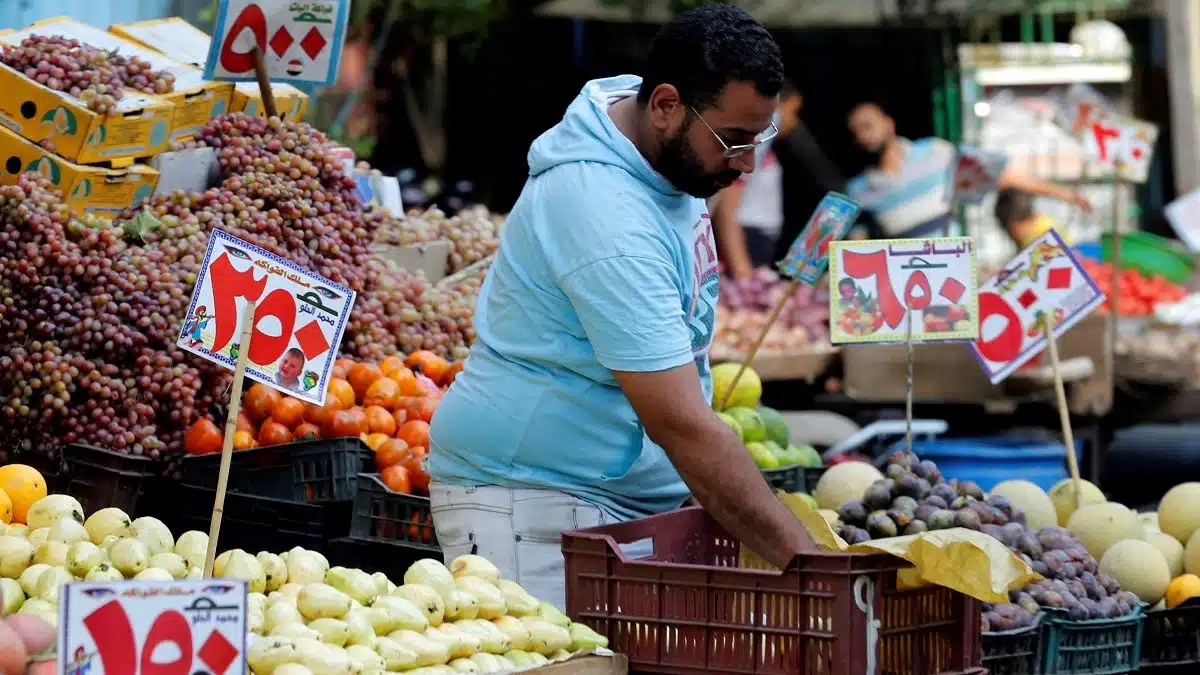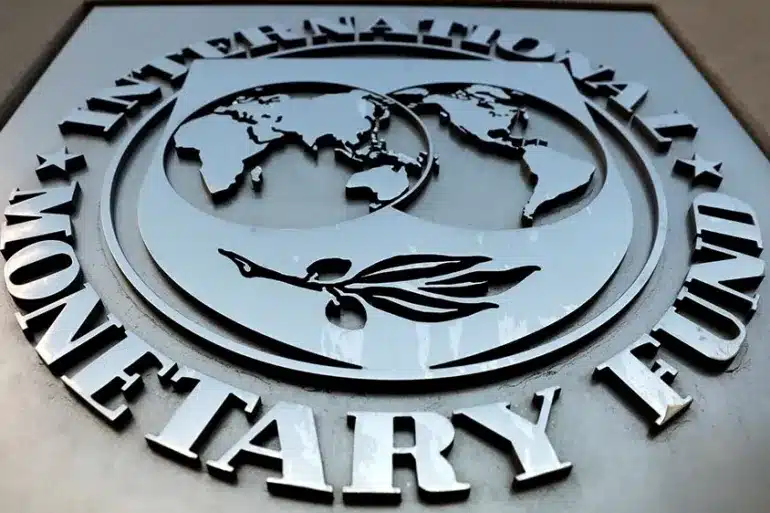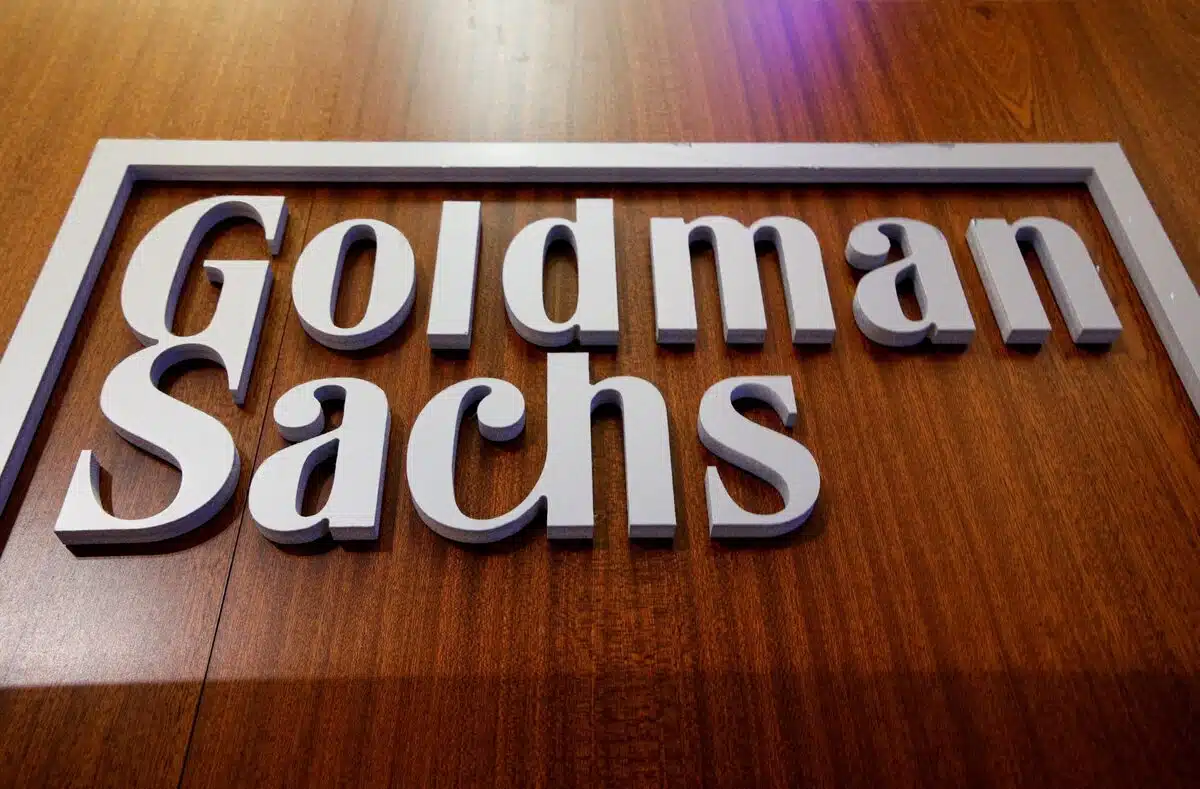Egypt’s annual urban inflation fell to a three-month low of 13.9% in July 2025 from 14.9% in June, offering modest relief from recent price pressures as food costs dropped.
Figures released on Sunday by the state statistics agency CAPMAS showed monthly urban consumer inflation falling to 0.5% from 0.1% in June. The July reading matched April’s rate of 13.9%.
The decline was driven by steep falls in fresh produce prices: meat and poultry fell by 4.9%, fruit dropped by 11%, and vegetables declined by 7%. Personal effects prices also eased by 0.5%.
This food-led slowdown brings inflation closer to the Central Bank of Egypt’s goal of keeping inflation between 5% and 9% by the end of 2026. Nationwide, the Consumer Price Index (CPI) fell 0.6% from June to 252.9 points, down from 254.2.
However, core inflation — which strips out volatile items such as food and energy — edged up to 0.3% from 0.2%, signalling underlying price pressures. Tobacco prices surged by 7.8%, alcoholic beverages rose by 5.3%, and rents climbed by 0.8%, while household goods, healthcare services, and other non-food items also recorded gains.
Egypt’s inflation crisis began in early 2022, when Russia’s invasion of Ukraine triggered capital flight from its debt markets. Inflation hit a record 38% in September 2023 before easing as monetary tightening took effect.
In its latest regional outlook, the International Monetary Fund (IMF) cut its 2025 growth forecast for the Middle East and North Africa to 2.6% from 4%, citing geopolitical risks, weak oil prices, and sluggish reform momentum — with Egypt flagged as particularly vulnerable.
With inflation easing for a second consecutive month, Egypt may be showing early signs of recovery despite the IMF’s gloomy outlook.
Egypt PMI rises to two-month high on softer downturn
Egypt’s non-oil private sector contracted for the fifth straight month in July, but at a slower pace, according to the latest S&P Global Purchasing Managers’ Index (PMI). The index rose to 49.5 in July from 48.8 in June — the highest reading in two months and joint-highest in the current five-month downturn.
While still below the 50.0 mark that separates growth from contraction, the latest figure signals only a marginal deterioration in business conditions. Employment grew for the first time since October 2024, albeit modestly, as firms secured new orders and showed more confidence in expanding staff.
Purchasing activity cuts eased, while input cost pressures picked up but remained below the long-run average. Output prices saw only a slight rise, suggesting limited near-term inflationary impact for consumers.
“Although the Egypt PMI stayed below 50.0 in July, the latest survey data provided some cause for optimism,” said David Owen, senior economist at S&P Global, a global market intelligence company.
“Several firms reported securing new work, which helped soften the rate of decline in sales. Businesses also had the confidence to hire new staff, leading to the first employment growth in nine months, even if modest.”










